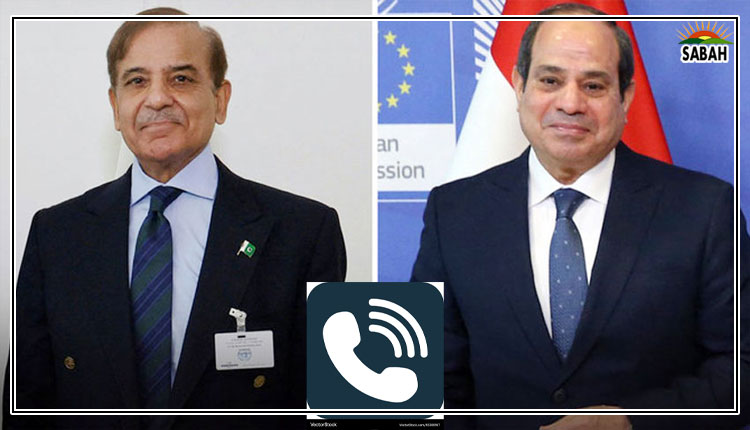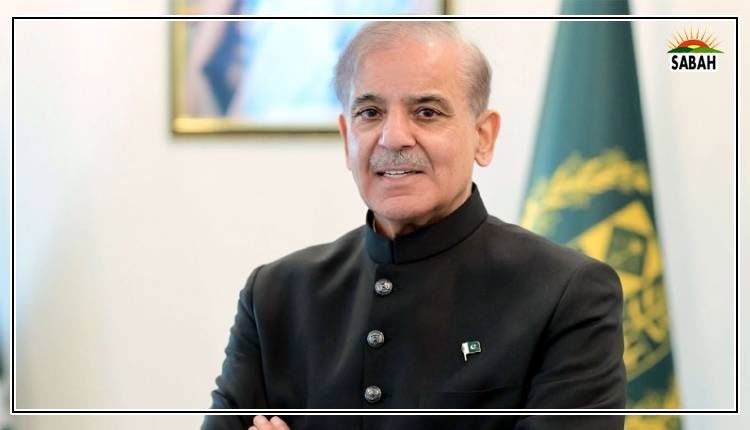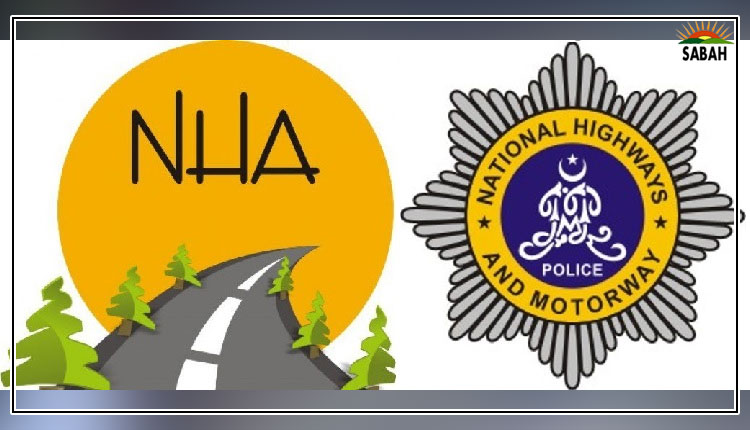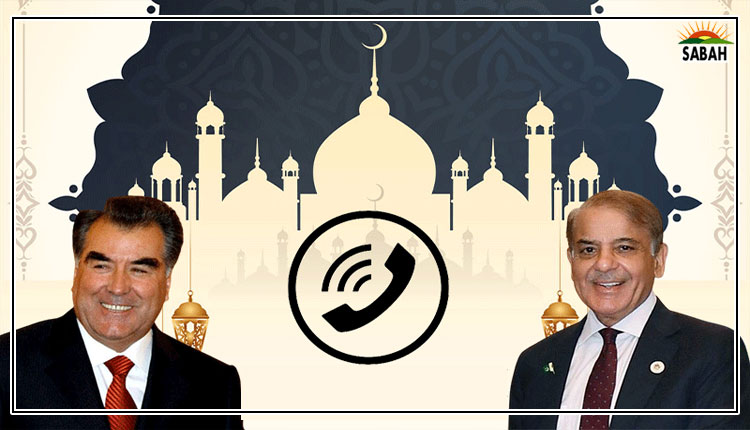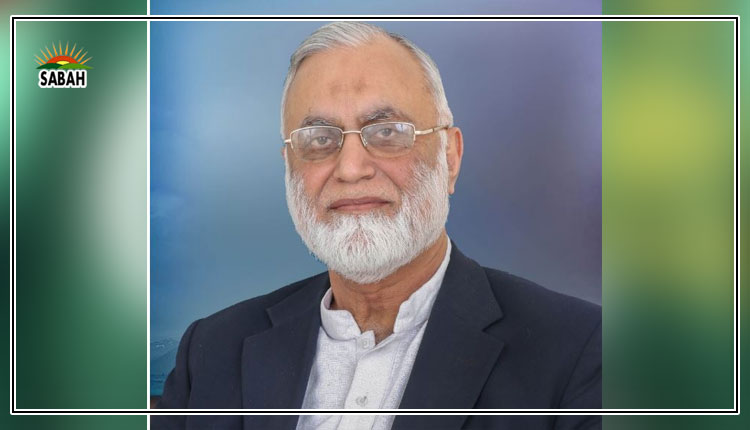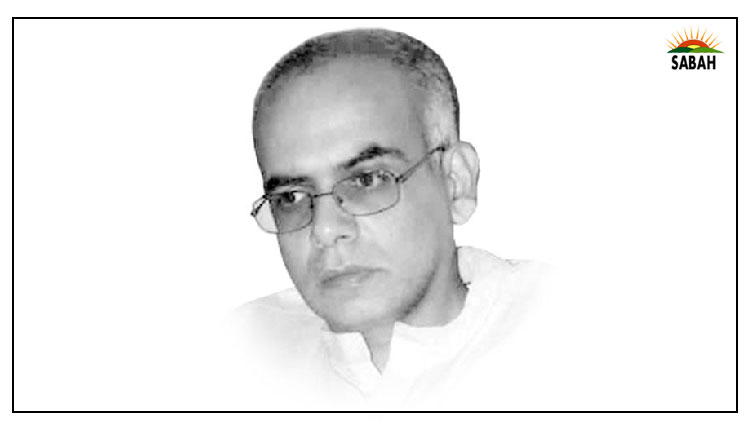Can India become a self-correcting democracy?… Syed Mohammad Ali
Much has been written about the decline of democracy in India under Prime Minister Narendra Modi over this past decade. However, Modi suffered a severe rebuke during the latest general elections, as he managed to secure only a minority share of votes, which was quite a comedown after his landslide victory in 2018. Whether India’s floundering democracy will now be able to self-correct is a pressing question for Indians themselves, for its neighbouring countries, and for India watchers further afield.
While Modi has managed to form a government for the third time in a row, he is now reliant on coalition partners who have a less acrimonious attitude towards religious minorities. The resurgence of the once-dominant Indian National Congress, and its formation of a significant opposition bloc, has also raised hopes of a competitive multiparty system bringing India back from the cusp of turning into a Hindu nationalist state.
However, Modi has already done severe damage to India’s aspirations of being a secular democracy and a socialist state. India today is a highly inequitable and majoritarian nation instead.
Due to controversial moves such as introduction of the discriminatory Citizenship Amendment Act 2019, the creation of the National Register of Citizens and revocation of the special status in Indian-administered Kashmir, India’s democratic credentials have been severely tarnished. Alongside these major legislative moves, Indians have seen a steady erosion of political and civil liberties, the undermining of institutional checks on executive power and efforts to curtail the judiciary’s independence. Religious and ethnic minorities and women remain highly underrepresented and discriminated against. In recent years, Modi even ratcheted up pressure on journalists and NGOs.
Varied international indices have gradually been downgrading India’s credentials. Washington DC based Freedom House’s democracy index has downgraded India’s credentials from being “free” to being “partially free”. The Economist Intelligence Unit ranked India 53rd on its 2020 Democracy Index, labelling it a “flawed democracy”. V-Dem Institute, based in Sweden, has even classified India as an “electoral autocracy”.
Yet, despite their rhetorical emphasis on democratic values and tolerance, neither the United States nor European nations have made supporting democracy in India a priority. There is still bipartisan consensus in the US, for instance, to continue courting India to counteract Chinese influence in South Asia, and the broader Indo-Pacific region.
In the lead up to the recent elections, Modi’s government had reportedly approached a prominent Indian think tank to develop a homegrown democracy ratings index in the effort to push back against the country’s persistent downgrades in democracy rankings issued by international watchdogs. It is not clear if the now weakened BJP-led government will continue this effort of creating a more flattering homegrown index to showcase itself as being what Modi calls the “mother of democracy”.
Last year, India has surpassed China to become the most populous country in the world with a population of 1.4 billion people. Compared to China’s slowing economy, and aging population, India has experienced a youth bulge, which is one reason cited in support of its potential to maintain its surging growth rates. However, India’s use of crony capitalist strategies has been worsening inequality and making the rich much richer. India’s unemployment rate also remains stubbornly high, especially amongst the youth, who seem to have grown weary of Modi’s ultranationalist sloganeering.
Ultimately, Modi’s legacy will not be the retrenchment of dynastic politics. There is no Modi scion waiting to take over.
Whether the BJP will reform itself, and gradually move away from its Hindutva agenda remains to be seen. However, this year’s electoral outcome provides Indian democracy a decent chance to mend itself. Now much will depend on how successfully smaller coalition partners, and the opposition bloc, manage to compel the BJP to restore the independence of state institutions, and to give more space to civil society to protect the rights of India’s suppressed and marginalized communities.
Courtesy The Express Tribune


